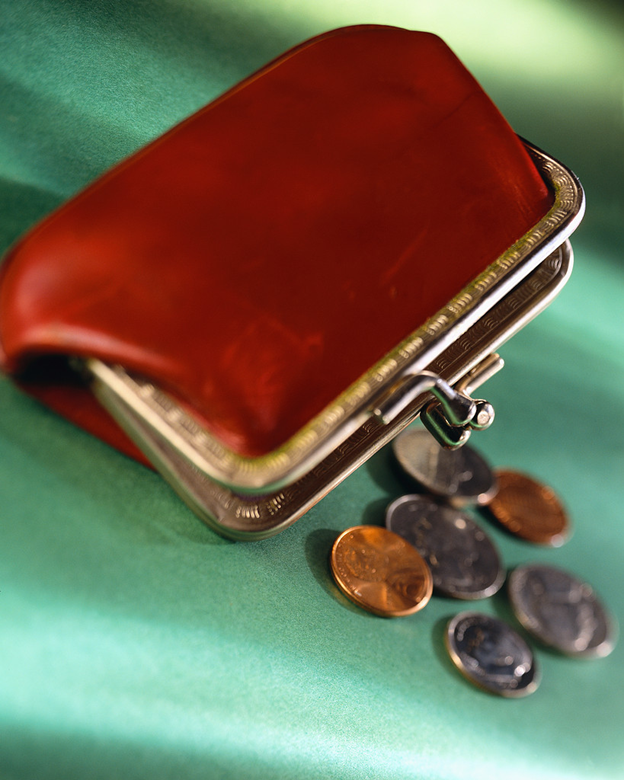The High Cost of Poverty
January 21, 2012 in Daily Bulletin

The Washington Post took a look at some of the hidden costs of being poor. Some of the things they found include:
- The poor don’t have access to cars to travel to large superstores with the lowest prices. Instead they must go to corner shops where prices are higher
- Even though they have to work more for lower wages the poor are forced to spend more time on buses and to do things like laundry at the local laundromat since they aren’t able to afford their own washing machines
- Interest rates for loans can reach hundreds of percent even at a time when the Federal Reserve is lending to banks at a fraction of a percentage point
- The poor sometimes have to pay more for rent than the rich would have to pay in annual mortgage payments for the same house
Read the entire five page report to find out more about the struggles that the poor in America must contend with over here.
It is always difficult to find qualified persons on that issue, you sound like you know exactly what you are dealing with! Thanks
I think the bank loan and mortgage points are good points. Banks must view the poor as higher risks to loan to, as the have less collateral.
The washing machine point though, I can’t say I buy into. If it was in the poor’s best interest to buy washing machines, they would buy washing machines. They’re not that expensive that it’s impossible for the poor to buy them, they would just need to save a little money each week for X weeks. If they’re not buying washing machines, it either means they’re being stupid, or it’s not in their interest to buy washing machines and is in fact cheaper to just go to the laundry mat. Either way, the money spent on the laundry mat is then not a ‘cost of being poor.’
Also, along the same reasoning, there are economic benefits to being poor. For instance, the poor are not subject to an estate tax, the low-income are subject to a lower income tax, and the unemployed get unemployment benefits.
I haven’t read the five page report yet, but I have a feeling the article boils down to the fact that the biggest hardship of being poor is…being poor (not having a lot of money and having to live a poorer, less secure lifestyle). Cause most of the other effects of being poor are net positives as far as I can think.